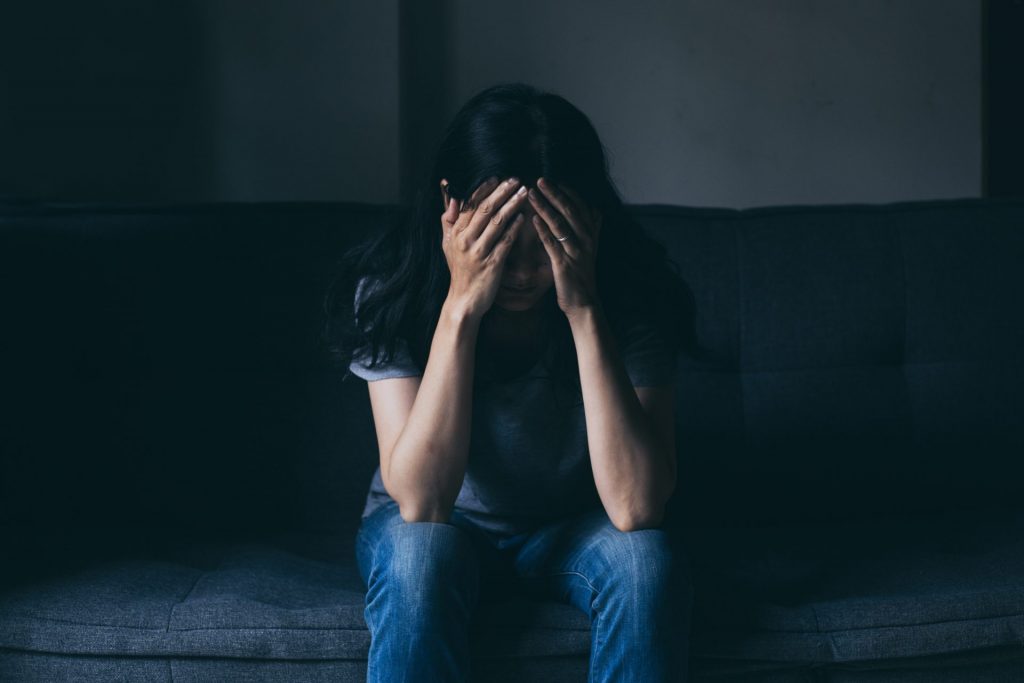Anxiety is a necessary part of living, as it creates a sense of urgency to do things that need doing. Without worry or anxiety, we would do nothing. Anxiety, however, becomes a problem when it interferes with what we need and want to do. It also manifests in physical, mental, and emotional forms. There are many different symptoms of anxiety disorders.

Physical Anxiety Symptoms
Physical anxiety symptoms are widely varied and differ for each person, but most of them are consistent enough to identify as unhealthy anxiety when considered together.
Typical physical anxiety symptoms include:
- Increased Heart Rate
- Difficulty Breathing
- Cold Sweats
- Shaky Hands
- Internal Shaking
- Dry Mouth
- Nausea
- Difficulty Sleeping
- Loss of Appetite
If you experience several or more of these symptoms on a regular basis, or in specific situations, it’s likely that you are dealing with high levels of anxiety. In regard to specific situations, some people experience only one or two symptoms of anxiety in crowds, elevators, or even while being a passenger in a vehicle.
Mental & Emotional Anxiety Symptoms
Mental and emotional anxiety is more complicated, and it usually occurs in conjunction with physical symptoms of anxiety. Mental anxiety involves things like:
- Uncontrollable Thinking
- What-ifs or Doomsday Scenarios
- Desire to Escape Situations
- Constant Worry
- Feeling Out of Control
- Irritability
- Self-Defeating Thoughts
- Feeling Disconnected
- Avoidance
Uncontrollable thinking occurs when the same thoughts continue to come into the mind, even though we don’t want to think about them. It also occurs when the mind envisions bad things happening without provocation. Similarly, what-ifs and doomsday scenarios are normal, but if they pop into the mind quite frequently, it’s a sign of problematic anxiety.
The desire to escape situations that seemingly pose no real threat to person or property is a key indicator of significant anxiety levels. This type of anxiety often relates to situations in the past that have not been emotionally processed.
Feeling disconnected to others can also be a sign of unhealthy anxiety, as well as avoidance of people and situations. These are strong indicators that anxiety is affecting behaviors, especially if the avoidance behaviors concern responsibilities and daily tasks.
Anxiety often mirrors symptoms of depression, and the two disorders frequently go hand-in-hand. For more information about anxiety and well-being, contact us.
